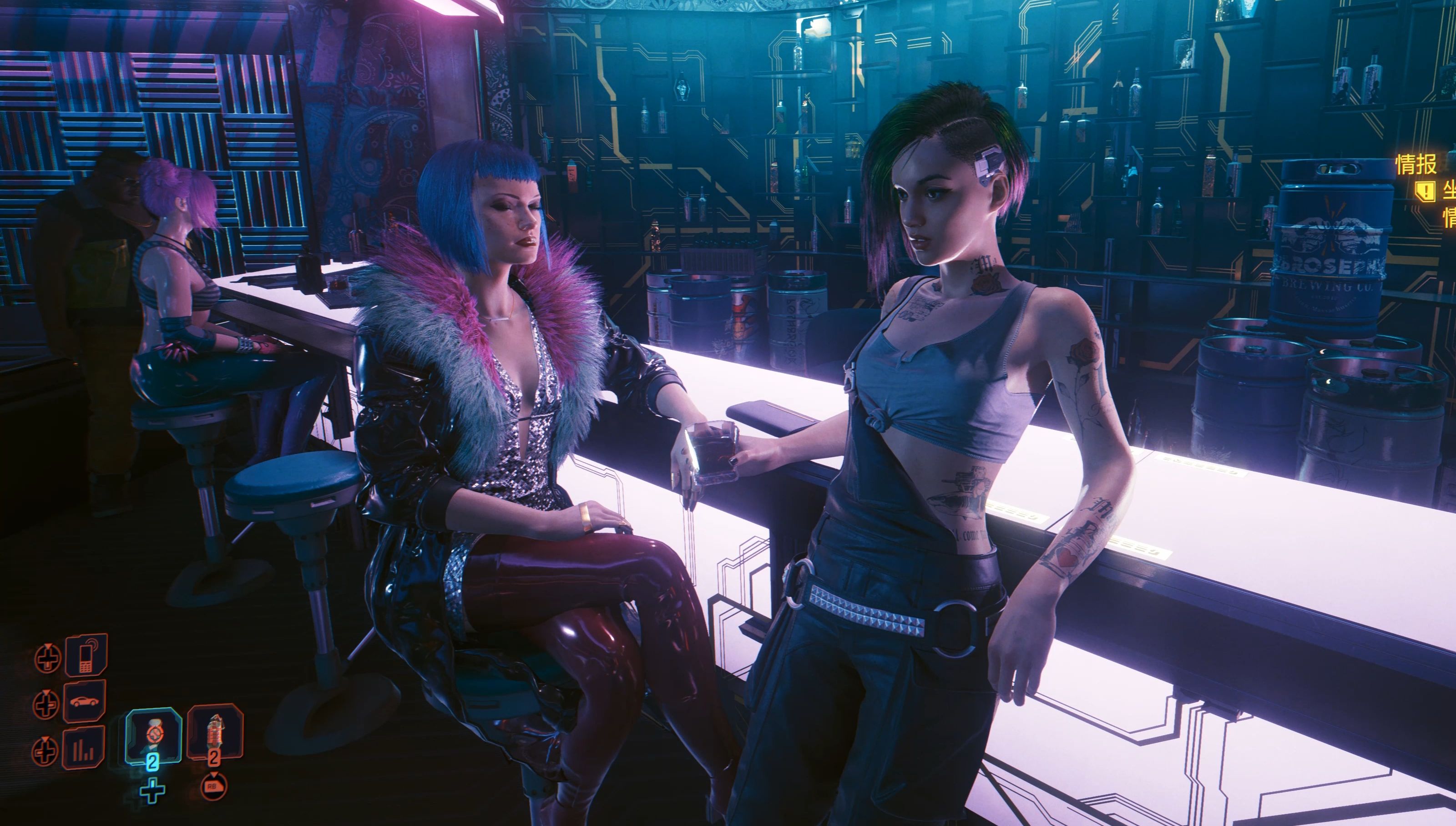Is Fire Emblem: Genealogy of the Holy War a Epic JRPG?
To answer the question posed in the title is to embark on an analysis of what constitutes an "epic" within the realm of Japanese Role-Playing Games. The term is often used loosely, describing any game with a grand narrative or lengthy playtime. Yet, a true epic possesses a specific gravity—a sense of immense scale, profound tragedy, and a narrative that feels both mythic and deeply human. By these more rigorous standards, Fire Emblem: Genealogy of the Holy War, released for the Super Famicom in 1996, is not merely an epic JRPG; it is arguably one of the genre's most ambitious and defining examples. Its epic nature is woven into the very fabric of its structure, its thematic depth, and its revolutionary mechanics, creating an experience that remains singular even decades later.
The most immediate and defining feature of Genealogy's epic scale is its structural audacity. The game is divided into two distinct generations, a narrative device that was groundbreaking for its time. The first generation follows the noble knight Sigurd as he navigates a web of political intrigue, burgeoning friendships, and ultimately, a continent-spanning war. This first half, in itself, would constitute a complete and satisfying JRPG narrative. However, Genealogy of the Holy War subverts this expectation with one of the most shocking and devastating mid-game twists in video game history: the infamous Battle of Belhalla. In a masterstroke of tragic storytelling, Sigurd and nearly his entire army are betrayed and annihilated. The game then leaps forward a generation, and players assume control of Sigurd's son, Seliph, who must lead a liberation army to finish the war his father started and reclaim a continent now shrouded in tyranny.
This two-generation structure is the cornerstone of the game's epic quality. It allows the narrative to explore the long, painful arc of history, demonstrating how the sins and virtues of parents are inherited by their children. The world of Jugdral is not a static backdrop; it is a character that evolves, suffers, and hopes across decades. The weight of the past is palpable. As Seliph, you traverse the same castles and fields your father once liberated, now fallen back into enemy hands. You meet the children of your first-generation allies, who carry the legacies—and often the sacred weapons—of their parents. This creates a profound emotional resonance that a single-generation story could never achieve. The epic is not just about a large event; it's about the passage of time and its impact on people and nations, a theme Genealogy embodies perfectly.
Beyond its narrative structure, the game's mechanics are intrinsically designed to foster an epic feel. The most notable of these is the sheer scale of its maps. Each chapter, or "chapter," takes place on a single, massive map that represents an entire region of the continent of Jugdral. These are not the small, grid-like battlefields of most tactical RPGs; they are vast expanses that can take hours to traverse. Moving your army from one castle to the next feels like a genuine military campaign, complete with logistical considerations and skirmishes along the way. This design choice creates a tangible sense of distance and conquest. You feel the grind of a long march, the strategic importance of seizing key strongholds, and the relief of finally reaching a friendly castle after a long engagement. The scale is daunting, but it successfully translates the geographical scope of a continental war into a visceral gameplay experience.
Furthermore, the game's systems deepen this personal connection to the epic narrative through its sophisticated relationship mechanics. The support conversations and "love system" in the first generation are not merely optional side content; they are fundamental to the plot. The relationships Sigurd and his allies form directly determine the roster of characters available in the second generation. The children inherit not only stats and skills from their parents but also the narrative burden of their legacy. This mechanic brilliantly intertwines personal choice with historical consequence. Deciding who marries whom feels like an act of shaping history itself. When you see the son of a powerful couple wielding a legendary weapon in the second generation, it is a payoff that is both mechanically satisfying and emotionally charged. The epic becomes personal, and the personal becomes epic.
Thematically, Genealogy of the Holy War delves into subject matter far darker and more mature than was typical for the genre in 1996. It is a story steeped in Shakespearean tragedy, Norse mythology, and the grim realities of political machinations. The plot deals unflinchingly with betrayal, genocide, religious manipulation, and the cyclical nature of vengeance. The primary antagonists, the Loptyr cult, are a genuinely sinister force whose ideology of social Darwinism and racial supremacy gives the conflict a chilling weight. The game does not shy away from showing the horrific consequences of war on the common people, a theme often glossed over in more heroic fantasies.
This mature approach elevates the story from a simple tale of good versus evil to a complex exploration of power, destiny, and corruption. Characters are forced to make difficult choices with no clear right answers, and the line between hero and villain is often blurred by ambition and circumstance. Sigurd's own downfall is precipitated not by a simple evil, but by a cascade of political manipulations and his own sometimes-naive nobility. This complexity lends the narrative a gravitas that aligns with the literary tradition of epics, which are rarely simple or cheerfully concluded.
In conclusion, to ask if Fire Emblem: Genealogy of the Holy War is an epic JRPG is to answer with a resounding affirmative. Its grandeur is not a superficial attribute but an intrinsic quality woven into its DNA. From the revolutionary two-generation narrative that captures the sweep of history, to the vast, continent-sized maps that convey the true scale of war, to the deeply personal relationship mechanics that connect individual fates to the destiny of nations, every aspect of the game is designed to evoke an epic sensibility. It tackles mature, tragic themes with a seriousness that respects the player's intelligence, creating a world that feels ancient, lived-in, and burdened by its own history. While its challenging gameplay and somber tone may not be for everyone, its ambition and execution cement its status as a landmark achievement. It is not just a game that tells an epic story; it is an epic experience in interactive form, a towering testament to the narrative potential of the JRPG genre.
















